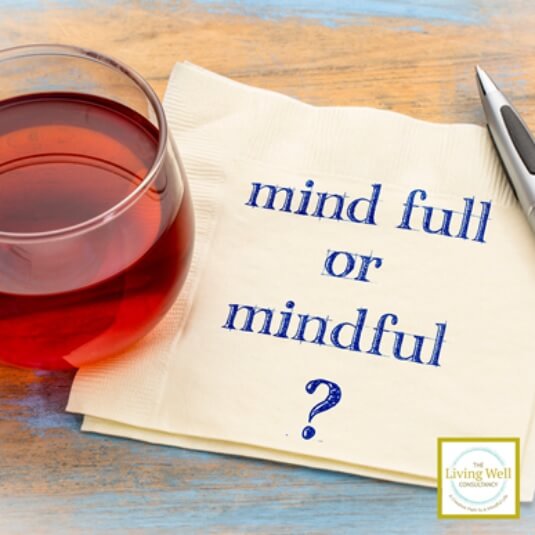The What and Why of Mindfulness


By: Debs Lloyd
July 21, 2020
Secular Mindfulness was introduced by Jon Kabat-Zinn, back in the 1970’s. His MBSR (Mindfulness Based Stress Reduction) programme proved highly beneficial in helping patients with depression, anxiety and also those dealing with chronic pain. Still a highly effective and much used tool, Mindfulness has since received great interest and research scrutiny, finding its way into mainstream healthy living and well-being practices. So what is it and why do so many peeps practice it?
Mindfulness is the practice of maintaining a non-judgmental present moment awareness of our thoughts, feelings, bodily sensations and surrounding environment. It also includes the intentional nurturing of positive states of mind such as kindness and compassion.
Research shows us the benefit of adding mindful practice into our daily lives; it is a valuable tool, along with other healthy lifestyle choices which support our well-being. The 3 key areas of benefit are :
1. An increased ability to focus and concentrate. Amongst many studies, Adam Moore and his colleagues at John Moores University in the UK found that practicing Mindfulness meditation in brief daily intervals can positively impact and improve our level of concentration. (Frontiers in Human Neuroscience 2012)

2. Improved ability to self-regulate our emotions as well as a more compassionate attitude and behaviour towards ourselves and others. There is an increasing body of research, using neuroimaging studies which point to the structural changes of a myriad of brain regions mainly involved in emotion regulation and self-referential processing. Studies are continuing to explore the benefits across all ages, for adults and children alike. With a growing evidence base, Mindfulness programmes are being increasingly included within our schools. The research and work by Kristin Neff on the importance of self-compassion is particularly interesting. Neff and her colleagues have identified the importance of Self-Compassion over Self-Esteem in the development of resilience. Whilst self-esteem wavers with the vagaries of success and provides little buffer in the face of challenge, self-compassion is now known to be key in surfing challenge and adversity. The Mindful practice of compassion nurtures the ability to calm the voice of inner critic and raise the cheer-leader within.

3. General Well-Being. Decreased stress, anxiety and depression are all promoted and supported through Mindful practices. Amongst the many research papers and studies, Nicole Geschwind and fellow researchers, in a 2011 study, found that those who had completed an 8 week programme of Mindfulness training reported greater pleasure, enhanced responsiveness and a greater appreciation of pleasant daily life-activity. How fabulous is that! We can learn to help ourselves get the most out of life within 8 weeks!
If you would like to find out more or join some free Mindfulness sessions to explore its benefits please click on the link below
